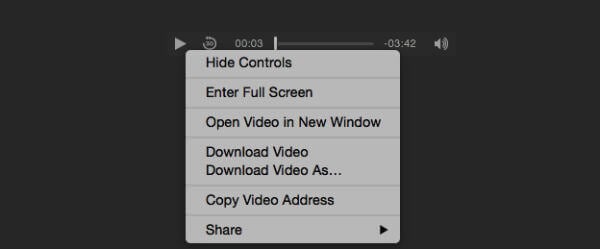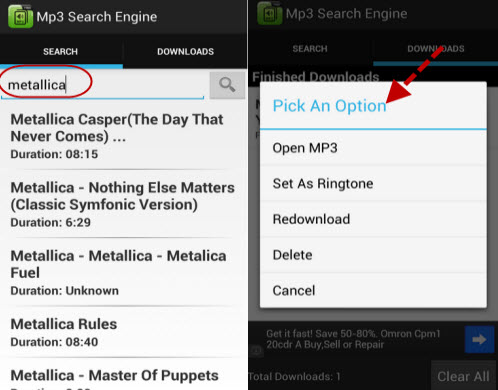

There are perfectly respectable-looking Web pages that contain enough outlaw MP3s to fill a clandestine Tower Records. Instead, you rent space from Internet hosts, who have scads of storage, fast file servers, and multiple links to a high-speed T1 or T3 Internet connection.Īlthough HTTPs can generally be interpreted as "legal sites," this isn't always true. Usually Web sites are not located physically in the same building as the person or company that created it. It will have its circuits full just responding to requests for pages and downloads from surfers, especially if you post your MP3 collection. If the site's successful, you can forget about using the computer for anything else. With a dedicated, full-time connection to the Internet, you can set up an HTTP Web site on your own personal computer. It really has to do with the fact that HTTP lets site creators use programming code called hypertext markup language (HTML) to design sites with graphics and fancy fonts and all the other bells and whistles that so enchant us.


If you already surf the World Wide Web, you're already familiar with HTTP sites, because that's the only kind the Web has. If you look at a Web address your browser displays, you'll see it prefixed with "http," which means simply that the site uses hypertext transfer protocol. We'll also see how to find songs hiding as text messages. At the end of this book, musician Michael White has written detailed reviews of the top 101 MP3 sites. So here's the skinny on this chapter: Two types of Internet sites let you download MP3s and other forms of music: HTTP, which in practical terms often translates to "legal," and FTP, which means "jail bait." We'll look at how to find music on both types of sites, using online search sites and the software included on the book's CD-ROM. Collecting music is like any collectioneach item added individually, only after it's pulled from the morass of pop culture, and each item has a history, a story, a separate raison d'etre.

Getting a small, high-quality audio file will be as simple as turning on the water tap. Someday MP3sor some improvement on current MP3 technologywill completely replace the CD recordings we buy over the counter these days.


 0 kommentar(er)
0 kommentar(er)
